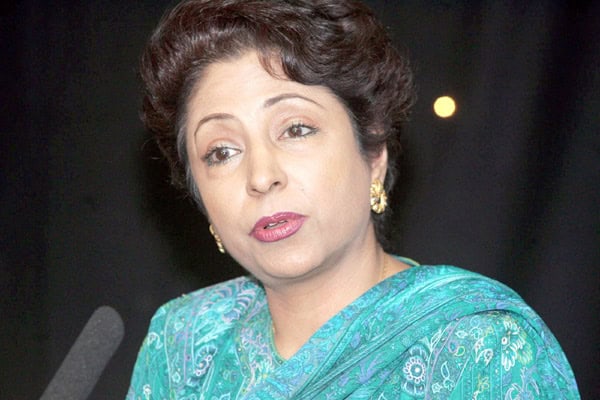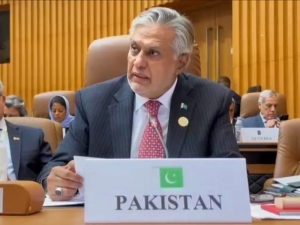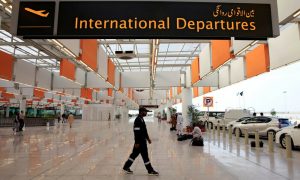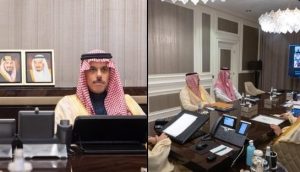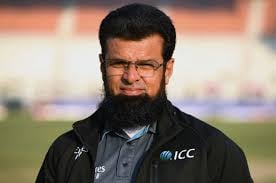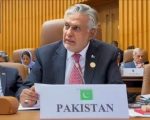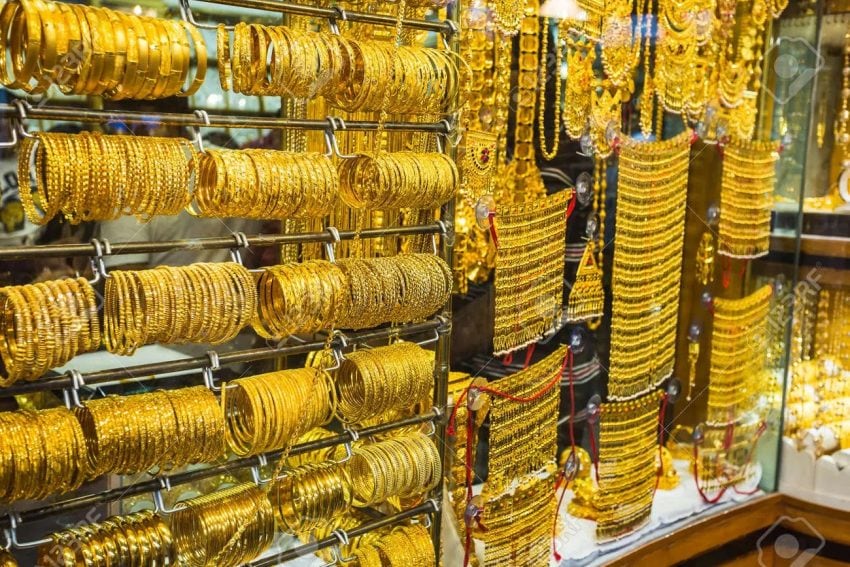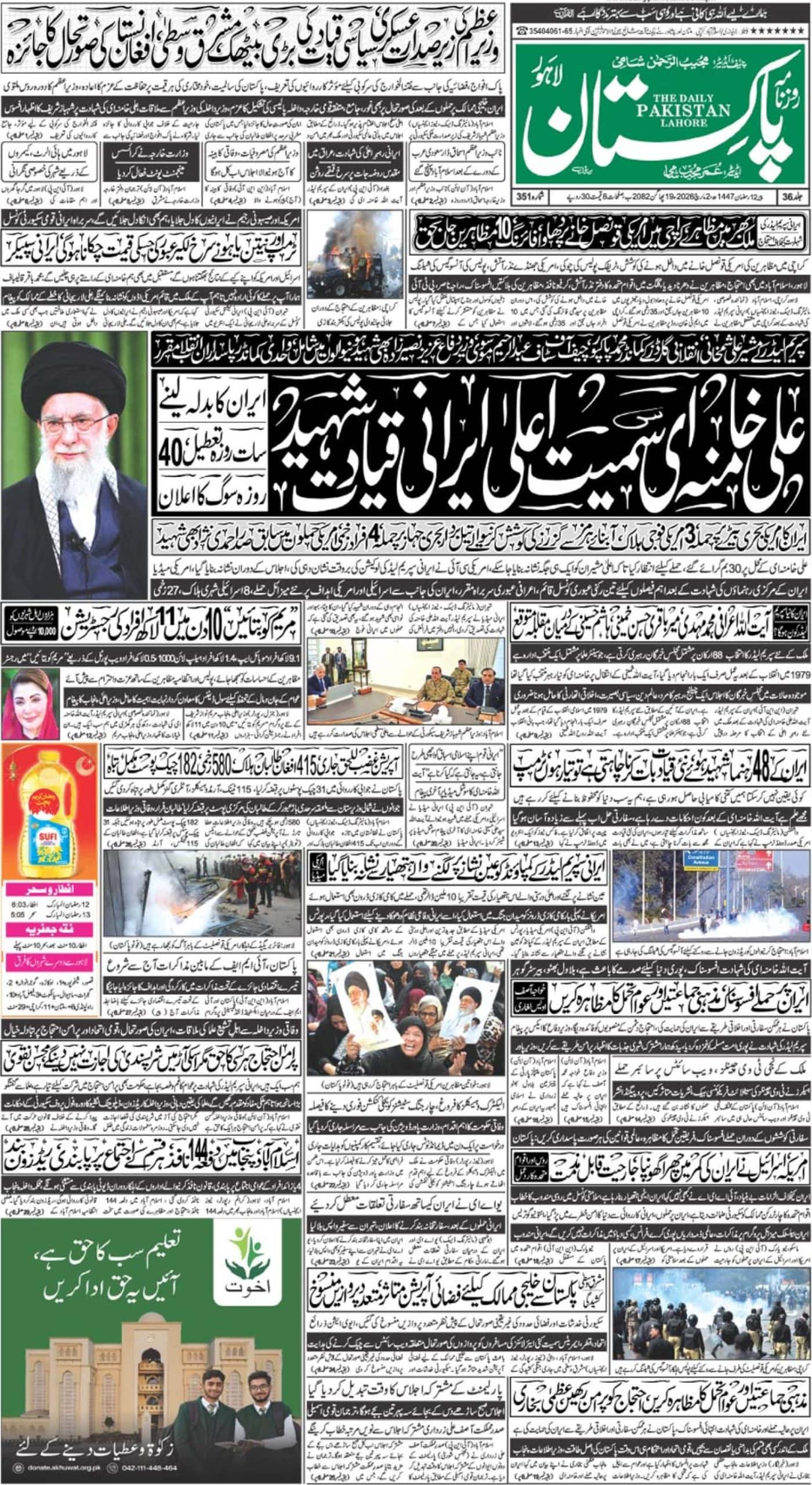NEW YORK – Pakistan’s Ambassador to the United Nations, Maleeha Lodhi, has paid rich tribute to Pakistani women leaders who contributed to the evolution of the UN system as well as to their country’s development at an event honouring the world body’s founding mothers.
“It is timely to highlight the legacy of the remarkable women who helped shape the foundations of this organization and emergence of a world order based on rule of law, international cooperation, and respect for the rights of all people to equality, self-determination, freedoms, and prosperity,” she told representatives of Member States and UN officials in the packed hall of Trusteeship Council on Tuesday.
Speaking as a co-sponsor of the event sponsored by Brazil and titled, “Women and the Origins of the UN — A Southern Legacy”, Ambassador Lodhi also highlighted the role played by women in Pakistan’s freedom movement. “This could not have become a reality without the active participation of the women who struggled as vigorously as men in securing the creation of Pakistan,” she said.
The Pakistani envoy said that the strong participation of women in her country’s freedom movement encouraged and motivated many women leaders who worked tirelessly in those formative days, as politicians, diplomats, community leaders, student activists, members of the legislative assembly and special envoys to various international conferences, including at the UN.
She recalled the part played by Mohtarma Fatima Jinnah, the Mother of the Nation, Begum Rana Liaqat Ali Khan, Begum Jahan Ara Shahnawaz and Begum Shaista Ikramullah and said that these luminaries from a long list of noteworthy women, helped forge the concept of a progressive and democratic Pakistan wedded to the values of peace, security, and international cooperation embedded in the UN Charter.
“With a progressive background, these women were the true custodians of fundamental human rights. During negotiations in various international forums including the UN, they championed the liberal values of equality, dignity, and non-discrimination”, she added.
She cited the example of Shaista Ikramullah, a member of Pakistan’s first Legislative Assembly, who forcefully advocated women’s rights. Her untiring efforts resulted in the realization of the right to inherit property in the country’s nascent domestic laws.
As a member of the Pakistan delegation, she also succeeded in securing endorsement for equal rights of women in marriage in Article 16 of the Universal Declaration of Human Rights.
Ambassador Lodhi said that as custodians of this illustrious legacy, women in Pakistan continued to set new standards of excellence, from Benazir Bhutto as the first elected female prime minister of a Muslim country to Dr. Nafis Sadik, the first female to head a major UN voluntarily-funded programme.
She said that recognition of such distinguished women serves as an inspiration for the women and girls who are today so critically engaged in advocating and advancing the values that are enshrined in the UN Charter and the numerous laws and norms developed over the years on the basis of the Charter’s principles and purposes.
Today, Ambassador Lodhi said, Pakistani women“ such as Nobel laureate Malala Yousafzai“ continue to make outstanding contributions to a world free of all forms of discrimination and abuse.
“A world where the glass ceiling is being shattered, a world where women increasingly contribute to realizing the goal of One Humanity that is the unspoken but fundamental objective of the United
Nations”, she concluded.
The ambassadors of Brazil, India, Ghana, and Columbia also spoke on the occasion that was followed by an interactive session According to UN, studies from scholarly research, women delegates from developing countries, or the Global South, played a significant role in ensuring that the Charter mad specific mention of gender rights. And yet, out of the 850 delegates who signed the historic document, only four were women. Speaking in Tuesday’s event, UN Chef de Cabinet Maria Luiza Viotti said that even as the world body works for equality today, “we must also remember our history.”
Ms Viotti recalled their push to defend women’s rights, and inspire a global shift in recognition, when many of the countries at the 1945 San Francisco Conference, did not even allow women to vote.
“Since then, the UN has elaborated an extensive body of laws, standards, and norms articulating women’s rights“ from the opportunities to which they are entitled to the protections they must be assured,” she continued, noting that today, it presses for gender parity not just across the world but across the world body itself.
“The struggle continues. Laws and goals on paper are essential. But what is needed even more is tangible steps to bring these rules and rights to life,” Ms. Viotti concluded.

